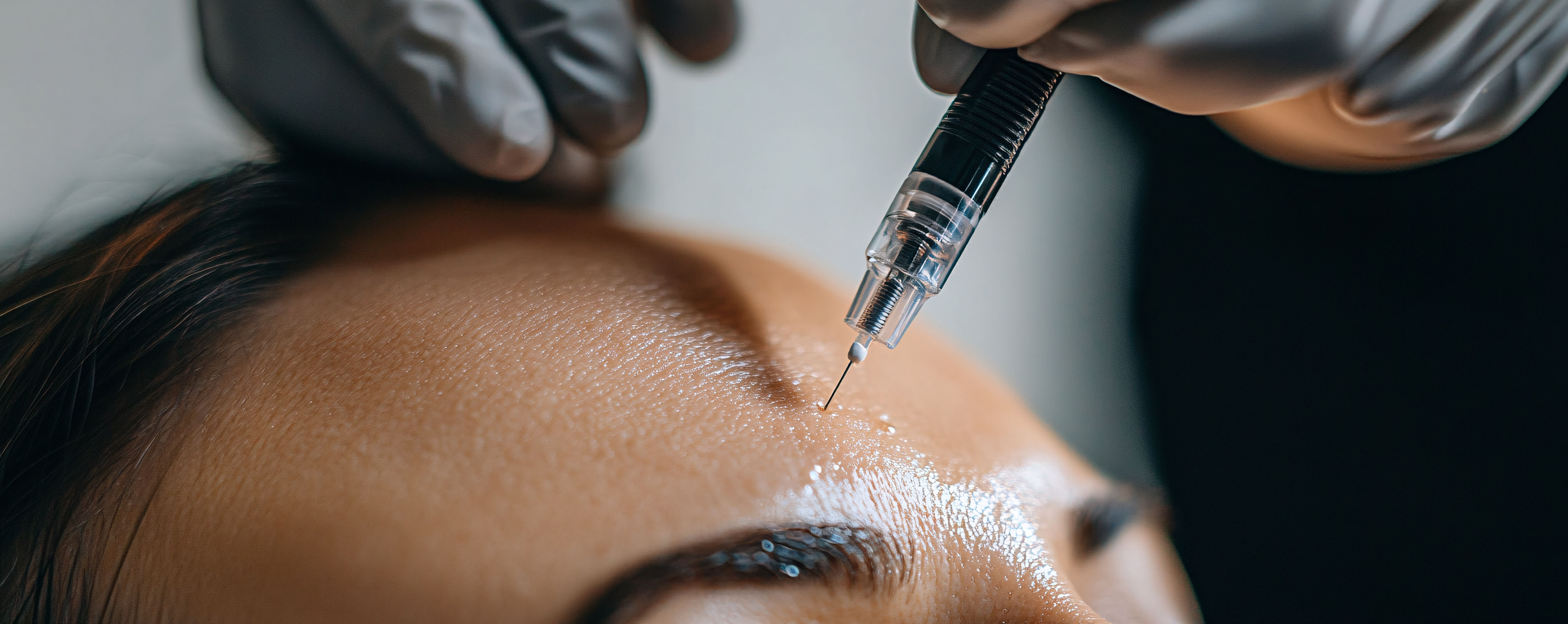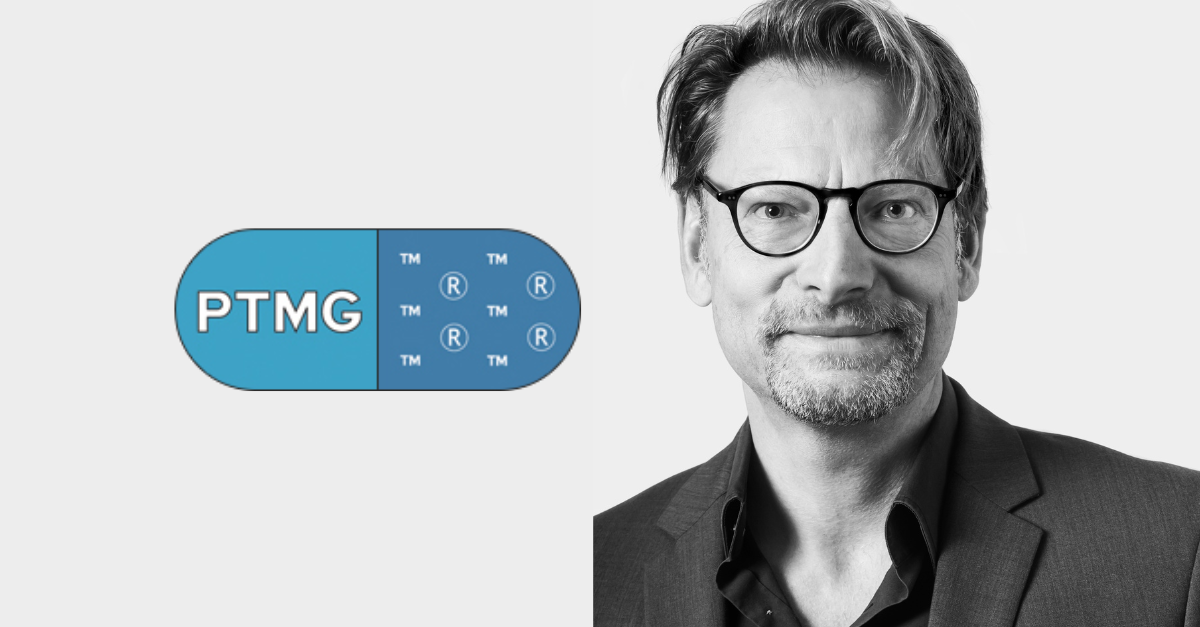Amendment to the Medical Devices Regulation (MDR) and the In Vitro Diagnostics Regulation (IVDR) entered into force on 20 March 2023
On 20 March 2023, Regulation (EU) 2023/607 of the European Parliament and of the Council of 15 March 2023 was published in the Official Journal of the EU and thus entered into force. This regulation contains important amendments to the Medical Devices Regulation 2017/745 (MDR) and the In Vitro Diagnostics Regulation 2017/746 (IVDR), which should cause many companies in the sectors to breathe a sigh of relief: With the amending regulation, the transition periods for the continued validity of certificates and declarations of conformity according to the Medical Devices Directive 93/42/EEC (MDD) were - as longed for and expected - finally significantly extended.
The problem: Too short transition periods for too many medical devices with too few capacities of the Notified Bodies
Although many companies made early efforts to have their product conformity assessed and certified according to the MDR or IVDR, these efforts often - through no fault of the companies - did not make any progress: First of all, there was the problem that the Notified Bodies themselves had to be certified under the MDR before they could carry out conformity assessments according to the new regulations. Since these procedures were lengthy, it took a very long time until Notified Bodies existed at all to which companies could turn.
Even when Notified Bodies gradually had the required certification, there were far too few of them to serve the large number of companies seeking conformity assessments and certification for all their products. Many Notified Bodies stopped accepting new clients altogether. And even those companies that already had long-standing contractual relationships with their Notified Bodies were put off by them or did not even receive any feedback as to when the conformity assessment procedures under the MDR or the IVDR could be expected to be carried out. The fact that the Notified Bodies often suffered from a lack of qualified specialists at the same time did the rest.
For many companies, this meant: The end of the transitional provisions according to the original version of the MDR for existing certifications under the MDD was approaching, and it was not foreseeable whether and, if so, when they would receive certification according to the new law. The companies had no planning certainty whatsoever and numerous - sometimes vital - medical devices were threatened with a ban on being placed on the market after the expiry of the previous transitional provisions.
In our view, the statement in recital 4 sentence 2 of Regulation (EU) 2023/607 that "numerous manufacturers, in particular small and medium-sized enterprises" are "apparently not sufficiently prepared to demonstrate compliance with the requirements of Regulation (EU) 2017/745" is therefore not accurate. In our opinion, this unfairly blames the manufacturers for the impending assessment and certification service shortages. On the contrary, we have made the experience that SMEs have worked intensively from the very beginning to fulfil the MDR requirements and to carry out a conformity assessment procedure according to the MDR. In the vast majority of cases, however, timely MDR certification failed because the overall capacity of the Notified Bodies was still not sufficient to carry out the recertification before the expiry of the previous transitional periods - which the EU institutions admit at the same time in recital 4, sentence 1 (and to that extent in contradiction to sentence 2).
The EU gives in: The long-awaited postponement of the transitional regulations
After calls for an MDR moratorium grew louder and louder at both national and European level and numerous associations sounded the alarm, citing unprecedented supply shortages of medical devices, the EU institutions finally relented: The European Commission proposed an amendment to the MDR that essentially provides for a significant extension of the transitional provisions depending on the risk class of the medical devices. The European Parliament agreed to the Commission's proposal on 16 February 2023 and the European Council adopted the amendment on 7 March 2023. The amending Regulation 2023/607 that came about in this way was adopted on 15 March 2023 and entered into force upon publication in the Official Journal of the EU on 20 March 2023.
The new transitional provisions in detail
Regulation (EU) 2023/607 provides for the following new transitional provisions by adapting Article 120 of the MDR, in which certificates issued in accordance with the MDD from 25 May 2017 and still valid on 26 May 2021 remain valid regardless of their expiry date:
- Class III custom-made implantable devices: until 26 May 2026 (Article 120 para. 3f MDR);
- Class III devices and Class IIb implantable devices, with the exception of sutures, staples, fillings, braces, crowns, screws, wedges, dental or bone plates, wires, pins, clips and connectors: until 31 December 2027 (Article 120 para. 3a lit. a MDR);
- Devices other than the above class IIb devices, class IIa devices and class Is devices (class I sterile medical devices), or class I devices with a measuring function: until 31 December 2028 (Article 120 para. 3a lit. b MDR).
- Devices for which the conformity assessment procedure under the MDD did not require the involvement of a Notified Body and for which the declaration of conformity was issued before 26 May 2021 and for which a conformity procedure involving the Notified Body is required under the MDR: until 31 December 2028 (Article 120 para. 3b MDR).
However, if the certificate expired before 20 March 2023, the new transitional provisions only apply if
- a contract with a Notified Body for MDR certification of the device or a successor device was concluded before the certificate expired (Article 120 para. 2 subparagraph 2 lit. a MDR); or
- a competent authority of a Member State (Germany: BfArM) has granted an exemption (special authorisation) according to Article 59 para. 1 MDR (Article 120 para. 2 subparagraph 2 lit. b alt. 1 MDR); or
- a competent authority of a Member State (Germany: BfArM) allows the further placing on the market despite the lack of certification and after setting a deadline for the performance of a conformity assessment procedure according to Article 97 para. 1 MDR (Article 120 para. 2 subparagraph 2 lit. b alt. 2 MDR).
Attention: The new deadlines are subject to conditions!
However, the new transitional provisions do not apply unconditionally. Namely, the requirements listed in Article 120 para. 3c MDR must be fulfilled in order for companies to be able to invoke the new transitional periods:
- The products continue to comply with the MDD or Directive 90/385/EEC for active implantable medical devices (lit. a).
- The design and intended purpose of the devices remain essentially unchanged (lit. b).
- The devices do not pose an unacceptable risk to the health or safety of patients, users or other persons or to other aspects of public health protection (lit. c).
- The manufacturer has established a quality management system in accordance with Article 10 para. 9 MDR by 24 May 2024 at the latest (lit. d).
- A conformity assessment application must also have been submitted by 26 May 2024 and a contract with a Notified Body in accordance with Annex VII para. 4.3 subparagraph 2 MDR must have been signed by 26 May 2024 (lit. e).
If these requirements are met, medical devices with MDD certification may continue to be placed on the market until the expiry of the above-mentioned, new transitional provisions (Article 120 para. 3 MDR).
No general MDR moratorium
It is also important to note that Regulation (EU) 2023/607 does not imply a general moratorium on the MDR provisions. The new regulation does not change the date of validity of the MDR (26 May 2021). In particular, post-market surveillance and vigilance must already comply with the new regulations as of 26 May 2021 (cf. Article 120 para. 3d MDR). The quality management system must also be converted to the MDR requirements by 24 May 2024 at the latest (cf. Article 120 para. 3c lit. d MDR).
What will change for in vitro diagnostic medical devices?
The transitional regulations for in vitro diagnostic medical devices (IVD) are regulated in Article 113 para. 3 IVDR and were already extended by Regulation (EU) 2022/112 compared to the original version in order to give companies and Notified Bodies more time. Therefore, the EU institutions saw no need for a renewed adaptation. Consequently, the transitional provisions for IVDs, staggered according to risk classes, were not changed by the amending Regulation 2023/607. The following deadlines still apply:
- Class D IVDs: 26 May 2025
- Class C IVDs: 26 May 2026
- Class B IVDs: 26 May 2027
- Class A IVDs placed on the market in sterile condition: also 26 May 2027.
Until now, for devices lawfully placed on the market before 26 May 2022 in accordance with the IVDD, as well as for devices placed on the market from 26 May 2022 onwards on the basis of a certificate of verification issued by a Notified Body after 25 May 2017 in accordance with the IVDD, a so-called "sell-off period" until 27 May 2025 applied, during which such devices already placed on the market could still be made available on the market or put into service. According to Article 2 No. 1 of the amendment Regulation 2023/607, this time limit of the "sell-off period" now ceases to apply, i.e. making available on the market or putting into service of such products already placed on the market is now possible for an unlimited period of time. Accordingly, Article 112 para. 2 IVDR has also been adapted.
Effects on practice: What is important for companies now
Manufacturers of medical devices who have already worked intensively on the changeover to the MDR requirements and for whom only the Notified Body is the "bottleneck" can breathe a sigh of relief: the new transitional provisions should give them enough time to complete the conformity assessment procedures already started according to the new regulations and to obtain the coveted MDR certification for their devices in time. This should apply to most manufacturers. However, it should be ensured that the conditions according to Article 120 para. 3c MDR are met - otherwise the new transition periods will not apply.
Those who have not yet taken care of a recertification in the expectation that the EU will postpone the transitional regulations anyway only have about a year (until 26 May 2024) to convert the QM system to MDR and submit the conformity assessment application. Since the MDR requirements are complex and can take a long time, such companies should act immediately.




